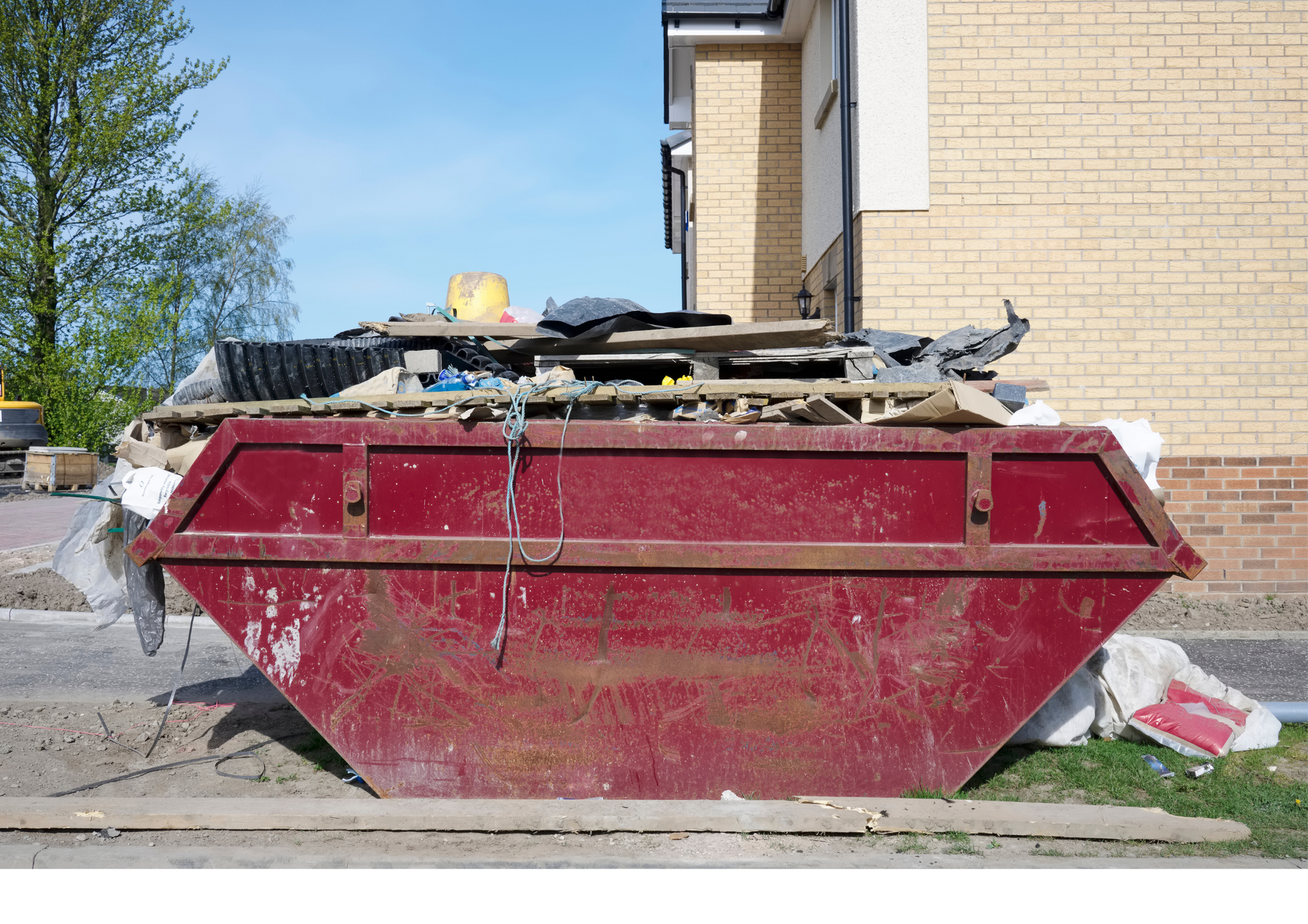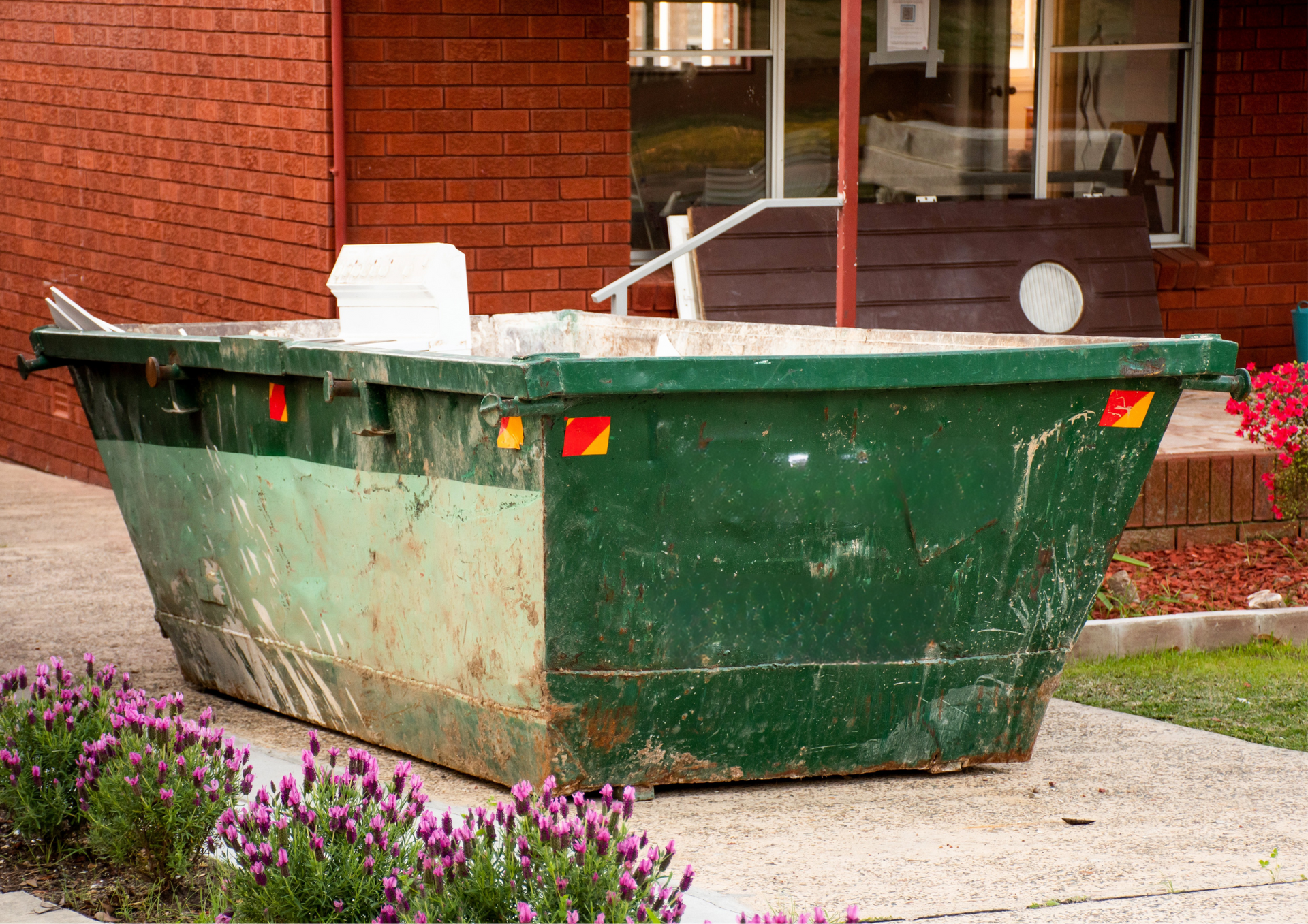Choosing the Right Skip Size: An Expert Guide for Every Project
When planning a renovation, cleanout, or large-scale project, one of the biggest decisions is choosing the right skip. A skip that’s too small means constant reordering and delays, while one that’s too big may leave you paying for unused space. Selecting the correct skip size ensures smooth waste management, saves money, and keeps your project site organized.
Understanding Different Skip Sizes
Not all skips are created equal, and different sizes are designed for specific types of projects. A 4 yard skip is often the go-to choice for smaller household clearances, garden work, or modest DIY renovations. Compact yet practical, it fits easily on most driveways and is suitable for those who want an affordable and space-efficient option.
For medium-sized projects, a 6 yard skip hire service is ideal. It accommodates larger amounts of household waste, furniture, and bulky items without being oversized. Builders often rely on this size for small to mid-range construction or renovation work, making it one of the most popular choices across the UK.
Moving up in capacity, the 8 yard skip is frequently referred to as a “builder’s skip” due to its versatility. It’s suitable for handling heavier loads, such as soil, bricks, or mixed construction materials, while still being manageable in terms of placement. This makes it a preferred option for renovation companies and building contractors.
For major undertakings, a 12 yard skip is the answer. Perfect for large office clearances, event cleanups, or significant refurbishment projects, it offers maximum volume while remaining practical for most sites. However, due to its size, it is not typically recommended for heavy inert waste like soil or rubble, but it excels in managing large amounts of light, bulky waste.
Factors to Consider When Choosing a Skip
The right skip isn’t only about capacity; it’s about matching the container to the unique requirements of your project. The first factor to evaluate is the type of waste. Heavy materials like concrete or soil need sturdier skips with restricted weight limits, whereas bulky but lightweight waste—like cardboard, packaging, or furniture—requires a larger skip with more volume.
The second consideration is available space. While smaller skips can sit comfortably on a driveway, larger models may require placement on public roads, which often means obtaining a permit. Before booking, measure your space to ensure the skip can be delivered and collected without obstruction.
Finally, think about budget and frequency of use. Hiring the correct skip once is always more cost-effective than ordering multiple smaller skips due to underestimating waste volume. By carefully assessing your project’s needs from the start, you’ll avoid delays, extra charges, and logistical headaches.

Matching Skip Sizes to Different Projects
Different projects generate different types and amounts of waste, and aligning these with the correct skip is crucial.
- Home Renovations: Whether you’re remodeling a kitchen, upgrading a bathroom, or re-roofing, skips between 4 and 6 yards are usually sufficient for residential projects. They balance convenience with practicality, ensuring there’s enough room for debris without overwhelming your property space.
- Construction and Building Work: For builders, the choice often leans towards 6 or 8 yards. These skips can handle a variety of materials, from plasterboard to timber, without exceeding weight restrictions. They are also the most common sight on construction sites across Britain.
- Office and Commercial Clearances: Businesses dealing with furniture, documents, or electronic equipment often need larger options. A 12 yard provides ample space to dispose of unwanted items during office relocations or refurbishments, while keeping downtime to a minimum.
- Landscaping and Outdoor Projects: Garden waste varies in weight and size, so choosing the right skip is essential. Soil, turf, and rubble may require mid-sized skips, while bulky green waste like branches or fencing panels is better suited to larger options.
Common Mistakes to Avoid When Selecting a Skip
Even experienced contractors and businesses can make errors when hiring skips. One of the most common is underestimating waste volume. Choosing a skip that’s too small often leads to ordering a second one, which increases costs and disrupts timelines.
Another mistake is overfilling skips. Skips have strict weight and fill limits for safety reasons, and overloading can result in fines or delays in collection. Always ensure waste sits level with the top of the container.
Failure to consider waste restrictions is another common pitfall. Items such as asbestos, electrical appliances, tyres, and certain chemicals cannot go into general skips and require specialist disposal. By being aware of these rules before selecting your skip size, you’ll avoid legal or environmental issues.
Lastly, many forget to factor in permits for skips placed on public roads. Without the correct paperwork, you could face fines or delays.
Choosing the correct
skip size is vital for any project, whether it’s a household renovation, commercial clearance, or large-scale event. By understanding the different options available, considering your waste type, and planning for space and permits, you can ensure smooth and cost-effective waste management. A little foresight goes a long way in preventing unnecessary costs, delays, or environmental issues.
At
Skip Hire Crewe, we pride ourselves on being more than just a waste management service. We are a trusted partner to homeowners, contractors, landscapers, and businesses across the region. Here’s why clients continue to choose us:
- Wide Range of Options: From compact domestic skips to large commercial solutions, we provide skips tailored to every project.
- Expert Guidance: Our team helps you select the right skip the first time, saving you money and hassle.
- Reliable Service: We deliver and collect promptly, ensuring your site remains tidy and efficient.
- Transparent Pricing: With no hidden fees, you’ll always know exactly what you’re paying for.
- Local Knowledge: As a dedicated service in Crewe, we understand the unique needs of our community and go the extra mile to support them.
Don’t miss it on X:
Skip hire made easy – picking the right skip size for your project!




